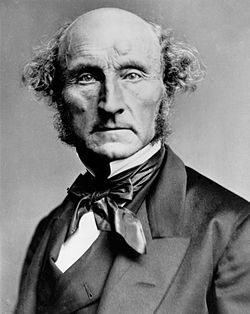The philosophers


All the philosophers whom the song mentions were dead by the time it appeared, apart from Martin Heidegger.
Philosophers mentioned in the song (in order):
- Immanuel Kant (a real pissant who was very rarely stable)
- Martin Heidegger (a boozy beggar who could think you under the table)
- David Hume (able to out-consume G. W. F. Hegel)
- Georg Wilhelm Friedrich Hegel (out-consumed by Hume)
- Arthur Schopenhauer (in some versions also out-consumed by Hume)
- Ludwig Wittgenstein (a beery swine who was just as "sloshed", i.e. drunk, as Schlegel)
- Karl Wilhelm Friedrich Schlegel and/or August Wilhelm Schlegel (Wittgenstein is alleged be just as sloshed as either of them)
- Friedrich Nietzsche (particularly knowledgeable about "the raising of the wrist")
- Socrates (mentioned twice in each refrain: permanently "pissed", i.e. drunk)
- John Stuart Mill (particularly ill after half a pint of shandy) [5]
- Plato (said to regularly consume half a crate of whiskey daily)
- Aristotle (a bugger for the bottle)
- Thomas Hobbes (fond of his dram)
- René Descartes (a drunken fart: "I drink, therefore I am", which is a pun on Descartes' famous philosophical quote: "I think, therefore I am".)
- Socrates (second mention) (particularly missed, noted as both a lovely little thinker, but a bugger when pissed)